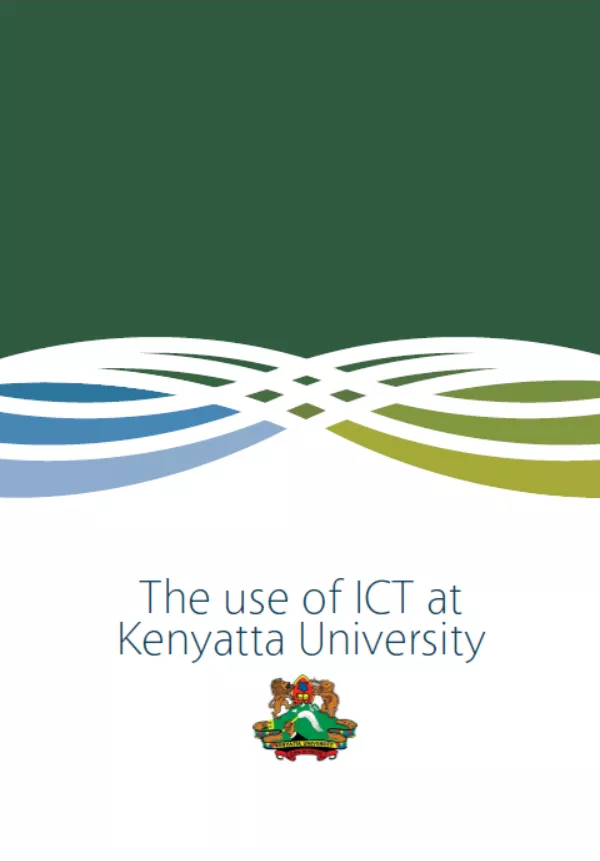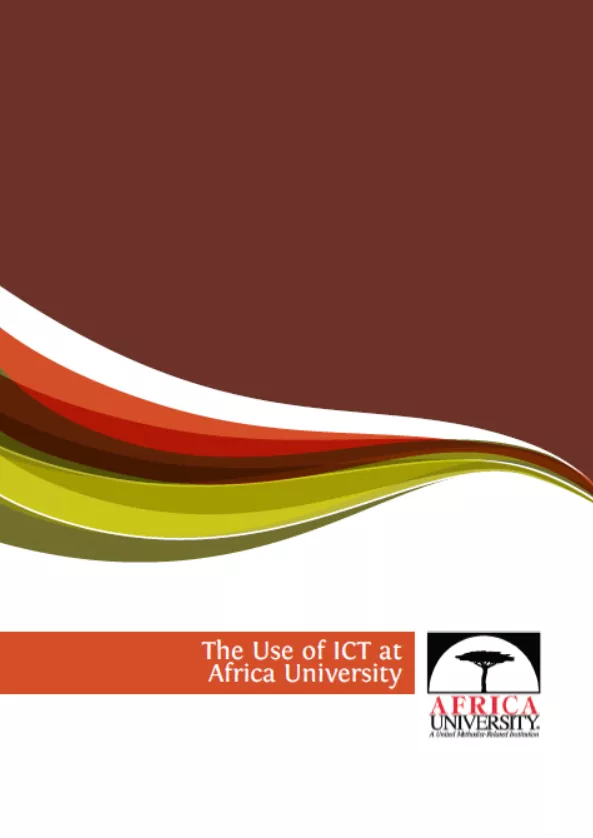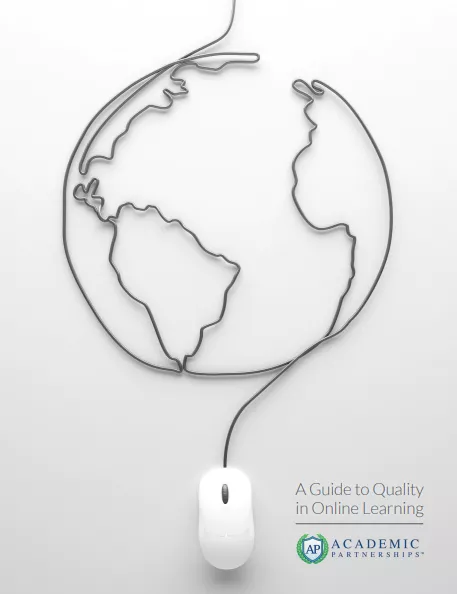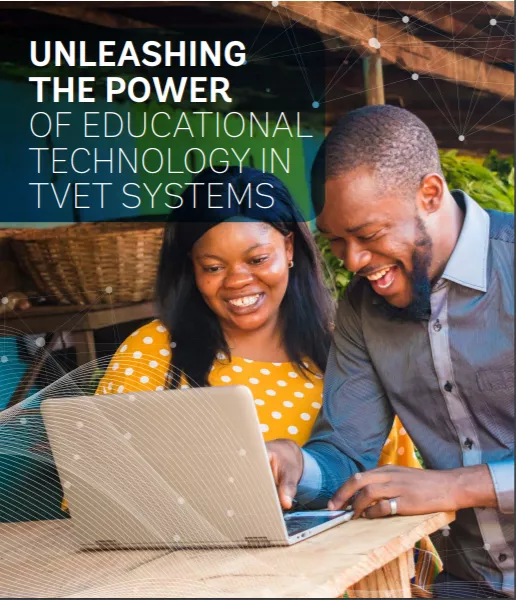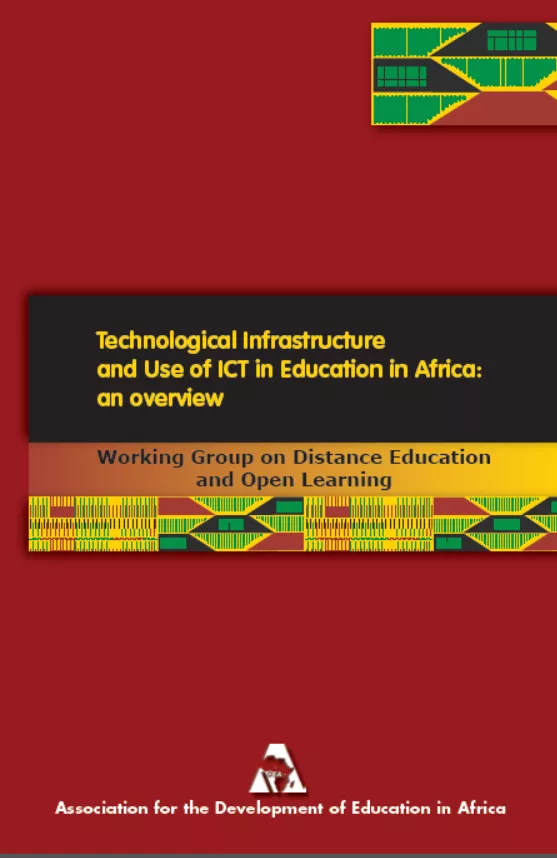
Technological Infrastructure and Use of ICT in Education in Africa: an overview
This report seeks to explore various issues relating to education in sub-Saharan Africa. Of particular interest is how distance education and open learning can be supported by ICT, for the majority of people in Africa (many of whom are now excluded from educational opportunities of any form). The report is based on desk research, including a review of literature and examples of current initiatives using ICTs for education in sub-Saharan Africa, with a specific focus on open and distance learning.


